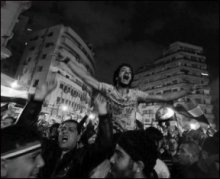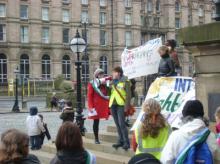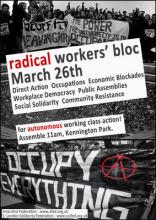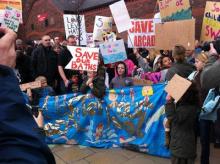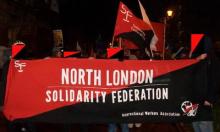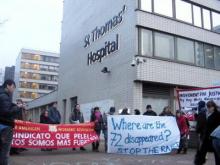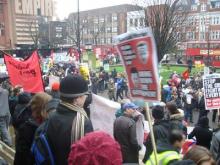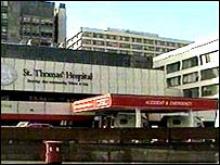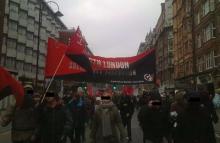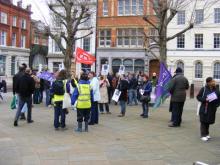'Bread and freedom!' - North African revolts spread
Across the Arab world, unrest continues to mount. Though not revolutions in the full sense of the word, the uprisings in Tunisia and Egypt have set the example that more and more people are standing up to follow. As we watch history unfold before our eyes, it is hard to know what comes next. But talk of global revolution is certainly premature.
In Tunisia, Mohamed Ghannouchi is still prime minister, as he was under the now-deposed Ben Ali from 1999. Though most of the regime’s senior figures have been removed from office following further unrest, the same repressive state apparatus remains in place. Demonstrators have continued to be killed on the streets since Ben Ali’s departure.
